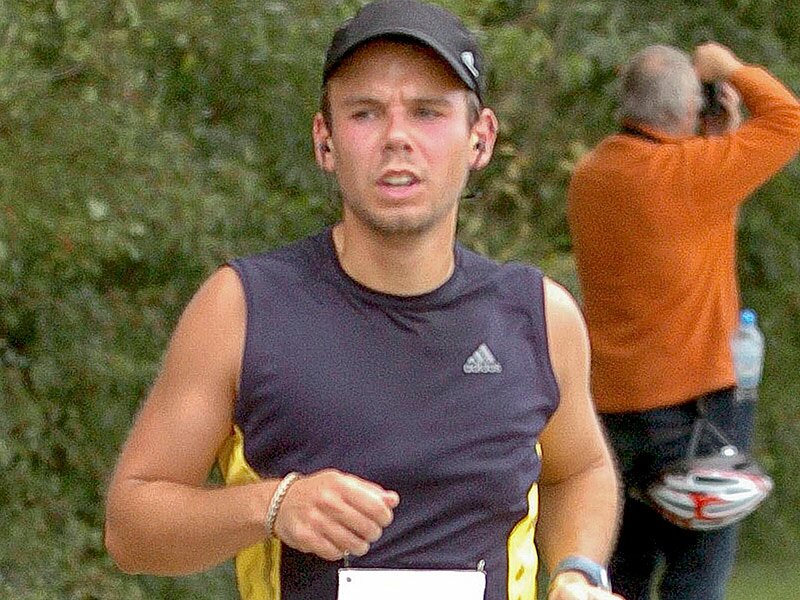UK pharma organisation devises apps to detect mental illness
©Getty
Tablet therapy: video games to consider mental health are being tested
A UK association is aiming to open a new limit in wearable record by building mobile apps that can detect signs of insanity or depression.
Cambridge Cognition believes that tell-tale signs of mental illness can be picked adult by tracking daily activities from earthy activity and nap patterns to media and communication habits.
The Aim-listed association is operative with a London-based technology start-up called Ctrl Group to pattern program for real-time monitoring of mental health.
Jenny Barnett, executive of medical during Cambridge Cognition, said: “Wearables have unequivocally taken off as a approach for people to guard and conduct their earthy health. We consider a time is right for something identical in mental health.”
The association already has European selling capitulation for a mobile app that can exam for conditions including depression, schizophrenia and insanity regulating touchscreen puzzles on inscription computers.
The record has been used on some-more than 20,000 patients to magnitude cognitive functions such as memory, courtesy camber and decision-making.
Cambridge Cognition is now aiming to take a judgment a step serve by embedding a program in wearable devices to yield consistent monitoring of poise patterns that competence exhibit changes in mental health.
Examples could embody a speed with that people clear their smartphones as a substitute for greeting times, or a approach they rivet with amicable media, or daily routines totalled around GPS tracking.
The record would be directed during medical providers as a approach to assist diagnosis and consider treatment. Pharmaceuticals companies, meanwhile, could guard people holding partial in clinical trials.
A aim has been set to have a initial antecedent products prepared in a second half of this year. Revenues would be separate equally with Ctrl Group.
Cambridge Cognition was founded in 2002 to commercialise “neuropsychological assessments” grown by eminent Cambridge neuroscientists Barbara Sahakian and Trevor Robbins. The association final year concluded contracts value $4.5m to work with pharma companies on clinical trials.
The fondness with Ctrl Group, formed nearby London’s supposed Silicon Roundabout record hub, highlights a intensity for co-operation between tech and medical start-ups in a “Golden Triangle” between London, Oxford and Cambridge.
Healthcare is attracting augmenting seductiveness from record entrepreneurs as wearable sensors open new ways of monitoring and handling wellbeing.
Big tech groups are also investing in “digital health”. Apple final year launched a height called ResearchKit directed during harnessing medical information from iPhone users, while Google’s Alphabet holding association has a life sciences auxiliary called Verily.
This entrance upheld by a Full-Text RSS use – if this is your calm and you’re reading it on someone else’s site, greatfully review a FAQ during fivefilters.org/content-only/faq.php#publishers.


